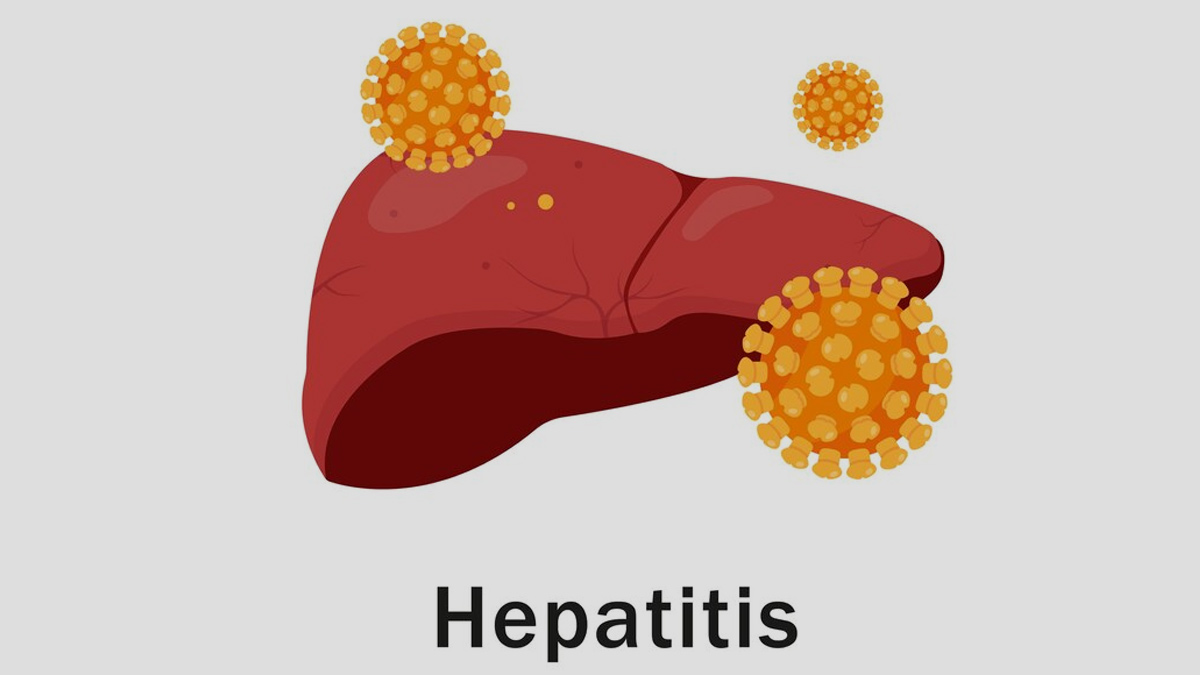
The rainy season gives us relief from the hot temperature, but it also brings heightened health hazards. Infectious causes of jaundice, such as hepatitis A, hepatitis E, and leptospirosis, are among these dangers.
Table of Content:-
Dr Venkatesh Billakanti, Consultant Physician (Internal Medicine), Yashoda Hospitals Hyderabad, shares essential tips on minimising your risk of contracting them. By following these precautions, you can enjoy the rainy season without compromising your health.
Infectious Causes of Jaundice
Hepatitis A
Hepatitis A, a viral infection, spreads primarily through contaminated food and water. During the monsoon season, the risk of water contamination rises, leading to a higher incidence of hepatitis A. Symptoms include fever, fatigue, loss of appetite, dark urine, pale stools, and jaundice.
Hepatitis E
Similar to hepatitis A, hepatitis E is a viral infection transmitted through contaminated water. Monsoon-related water contamination increases the prevalence of hepatitis E, causing symptoms like jaundice, fatigue, and fever.
Leptospirosis
“Leptospirosis is a bacterial infection transmitted through contact with water or soil contaminated by infected animals' urine. The monsoon season elevates the risk of exposure to contaminated water, making leptospirosis more common,” said Dr Billakanti
Preventive Measures For Above Diseases
To safeguard your health during the monsoon and reduce the risk of these infectious causes of jaundice, follow these precautions:
Maintain Personal Hygiene
Regular handwashing with soap and clean water, especially before eating or handling food, and after restroom use, is important.

Also read: Jaundice Home Remedy: Protect Your Liver With Bhumyamalaki Herb. Here’s How You Can Use This
Drink Safe Water
Ensure the water you consume is safe. Boil or purify water to reduce the risk of waterborne infections.
Eat Hygienic Food
Opt for freshly cooked meals. Avoid raw or undercooked seafood, fruits, and vegetables washed with potentially contaminated water.
Avoid Unhygienic Eateries
Steer clear of street food and unhygienic eateries that may carry a higher risk of contamination. Choose reputable food establishments.
Prevent Mosquito Bites
Monsoons bring mosquitoes and the risk of diseases like dengue and malaria. Protect yourself by using mosquito repellents, wearing protective clothing, and using mosquito nets when sleeping.
Stay Away from Stagnant Water
Stagnant water during the monsoon serves as a breeding ground for disease-causing organisms. Avoid contact with stagnant water to minimise health risks.
Vaccination
Consult your doctor about hepatitis A and hepatitis E vaccines. These vaccines offer protection against these viral infections, reducing your susceptibility.
Also read: Jaundice To Liver Fibrosis: Here Are Some Serious Consequences Of High Bilirubin
Prompt Medical Attention Is Always Important
“If you experience symptoms such as fever, fatigue, loss of appetite, dark urine, pale stools, and yellowing of the skin and eyes (jaundice) during the monsoon season, seek medical attention promptly. Early diagnosis and treatment are vital for effectively managing these infectious causes of jaundice and preventing complications.” Dr Billakanti suggested.
Hepatitis A, hepatitis E, and leptospirosis are infectious causes of jaundice that become more prevalent during rainy days. By following the mentioned precautions, you can significantly reduce your risk of contracting these infections. Stay vigilant, prioritise hygiene, and seek medical help if symptoms arise. Enjoy the monsoon season with the confidence that you're safeguarding your health and well-being.
Also watch this video
How we keep this article up to date:
We work with experts and keep a close eye on the latest in health and wellness. Whenever there is a new research or helpful information, we update our articles with accurate and useful advice.
Current Version